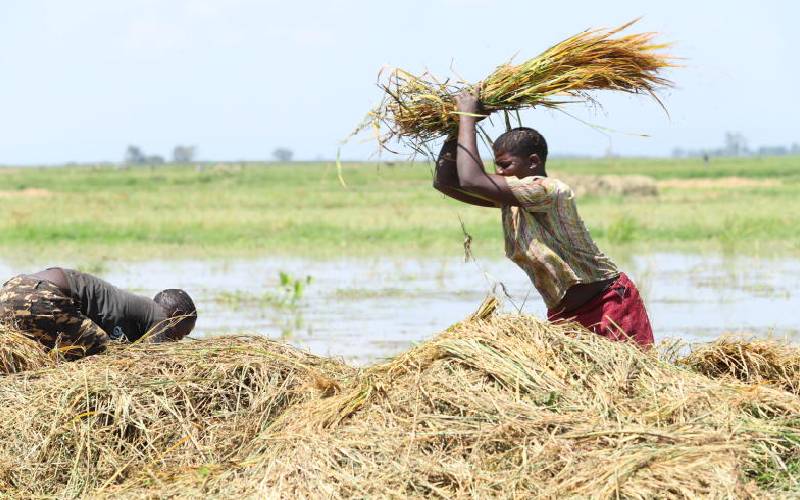×
The Standard e-Paper
Smart Minds Choose Us

Going by all indications, we have undoubtedly started off the New Year on the wrong foot. At this rate, there might be nothing new about this year, but the same old script of hunger and State lethargy.
In Western Kenya, farmers have reported that more than 1,034 acres of rice at West Kano Irrigation Scheme have been destroyed by flooding.